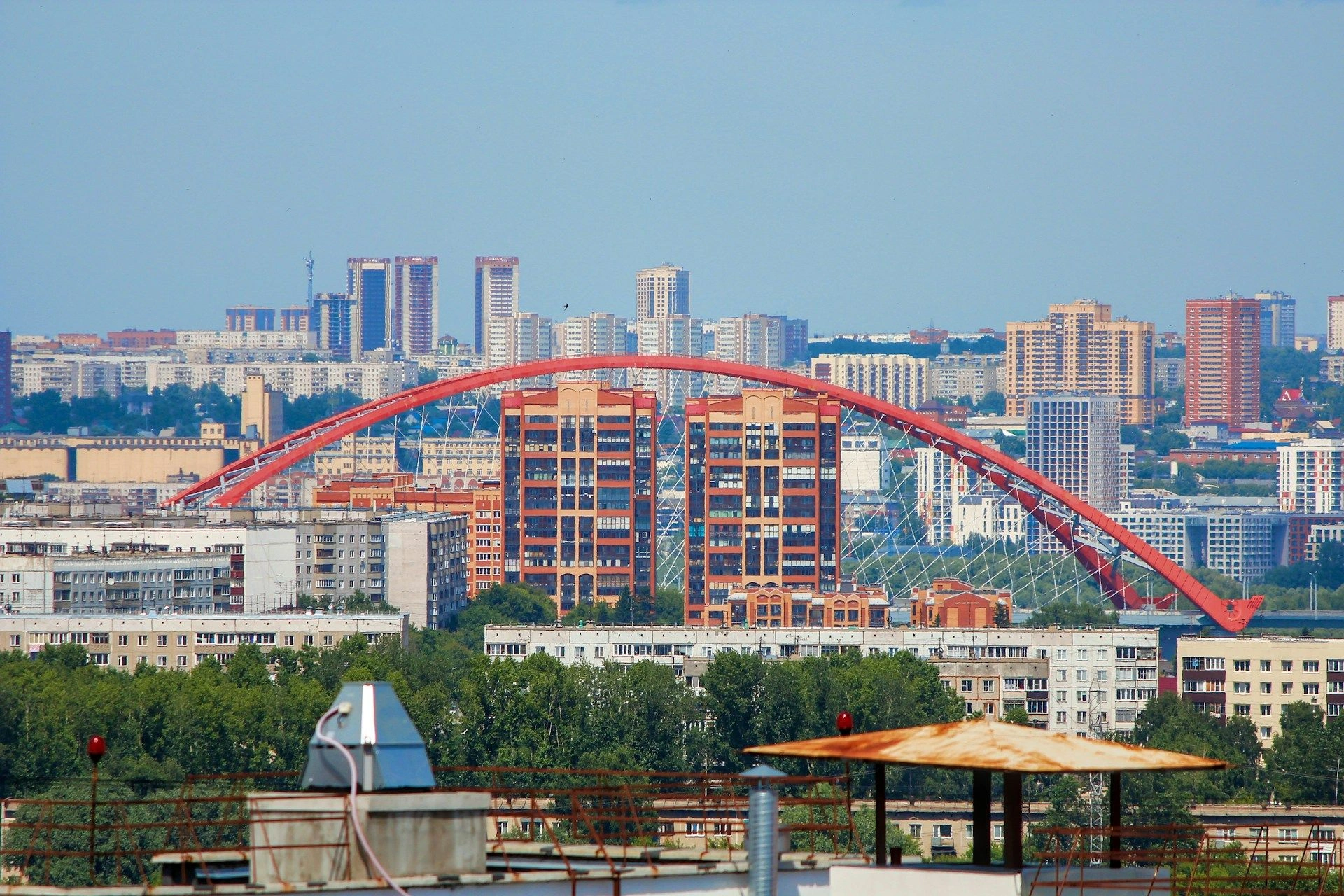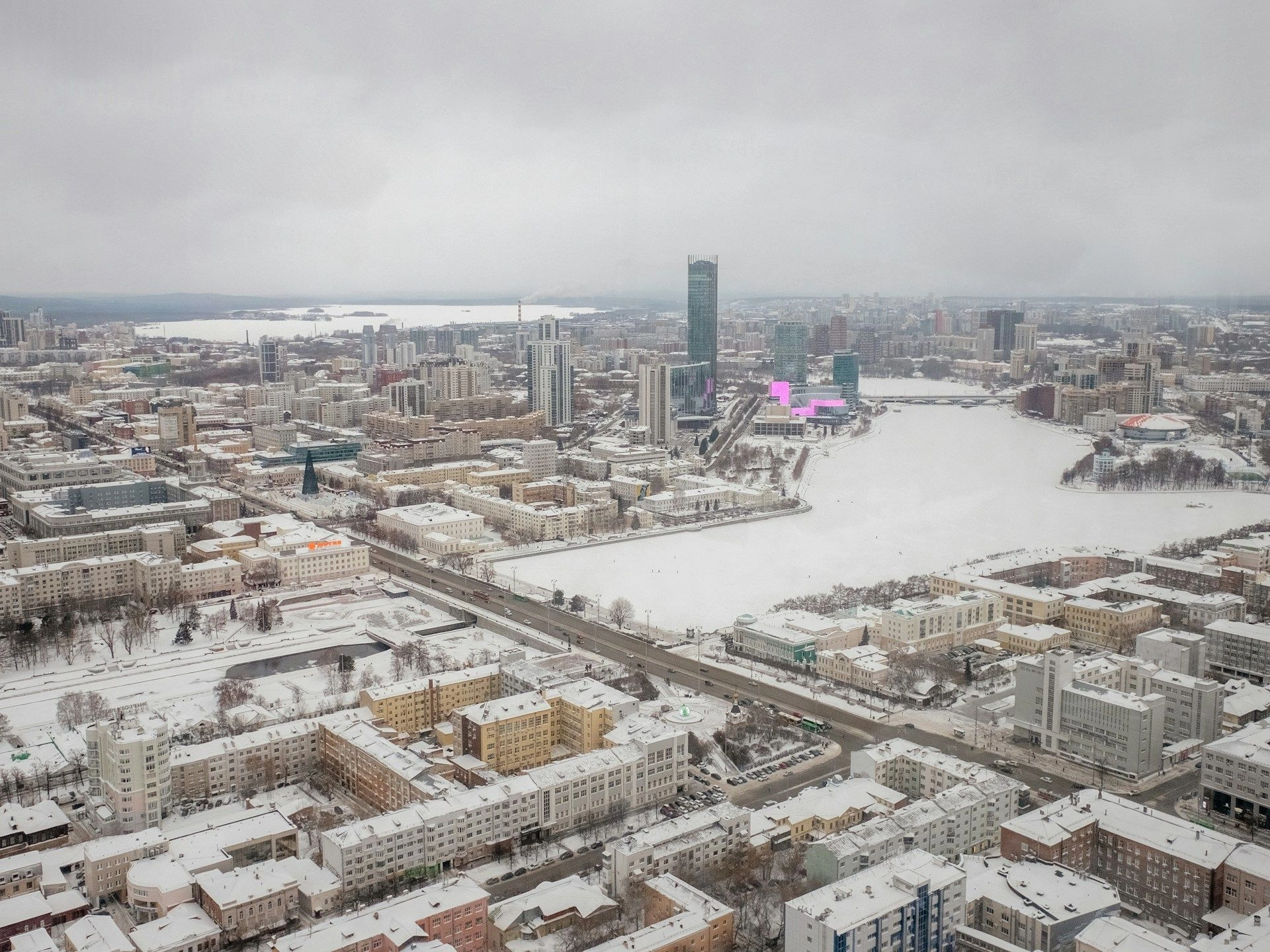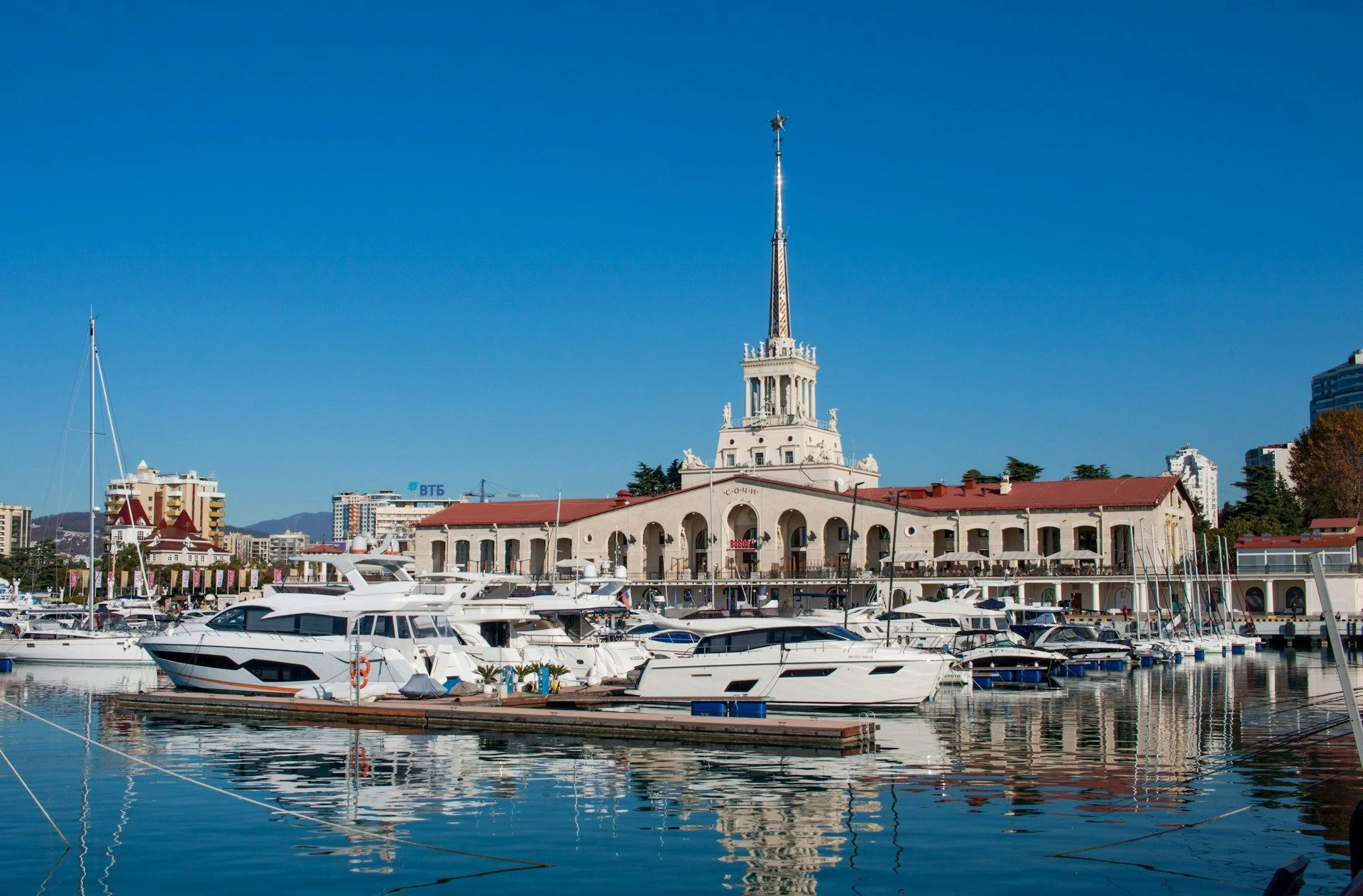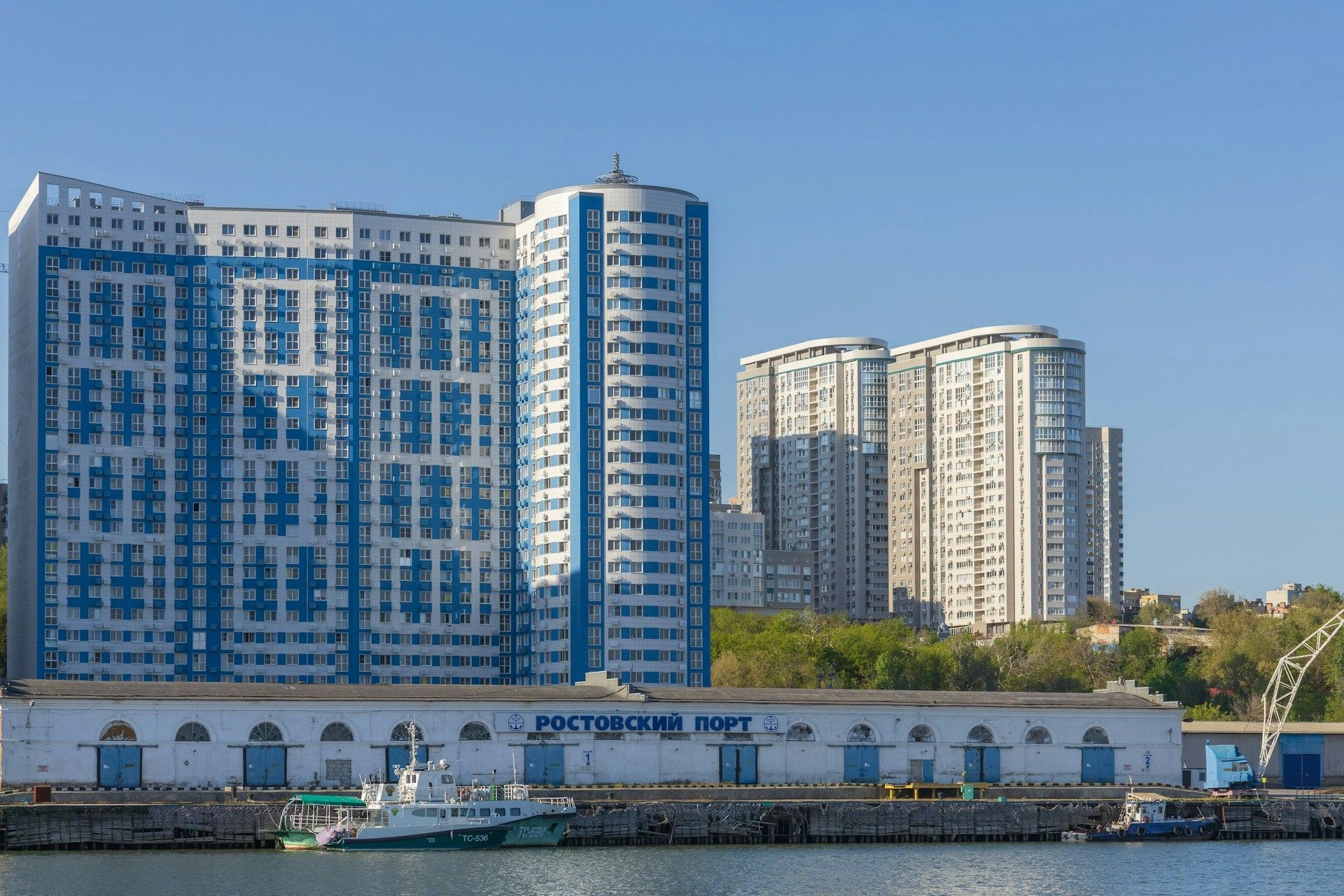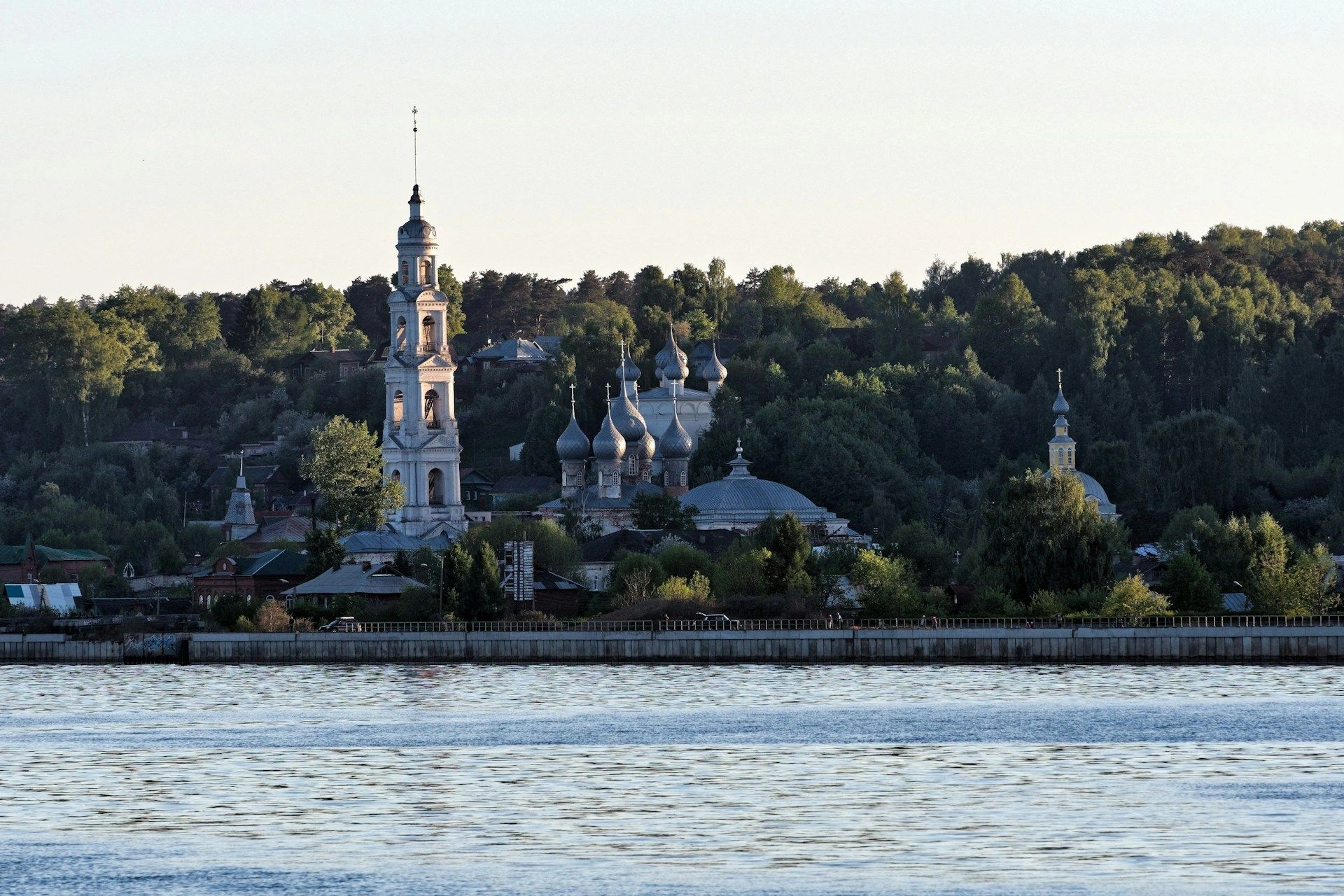Certified Interpreting Services in RussiaAccurate multilingual support acrossRussia’s diverse regions
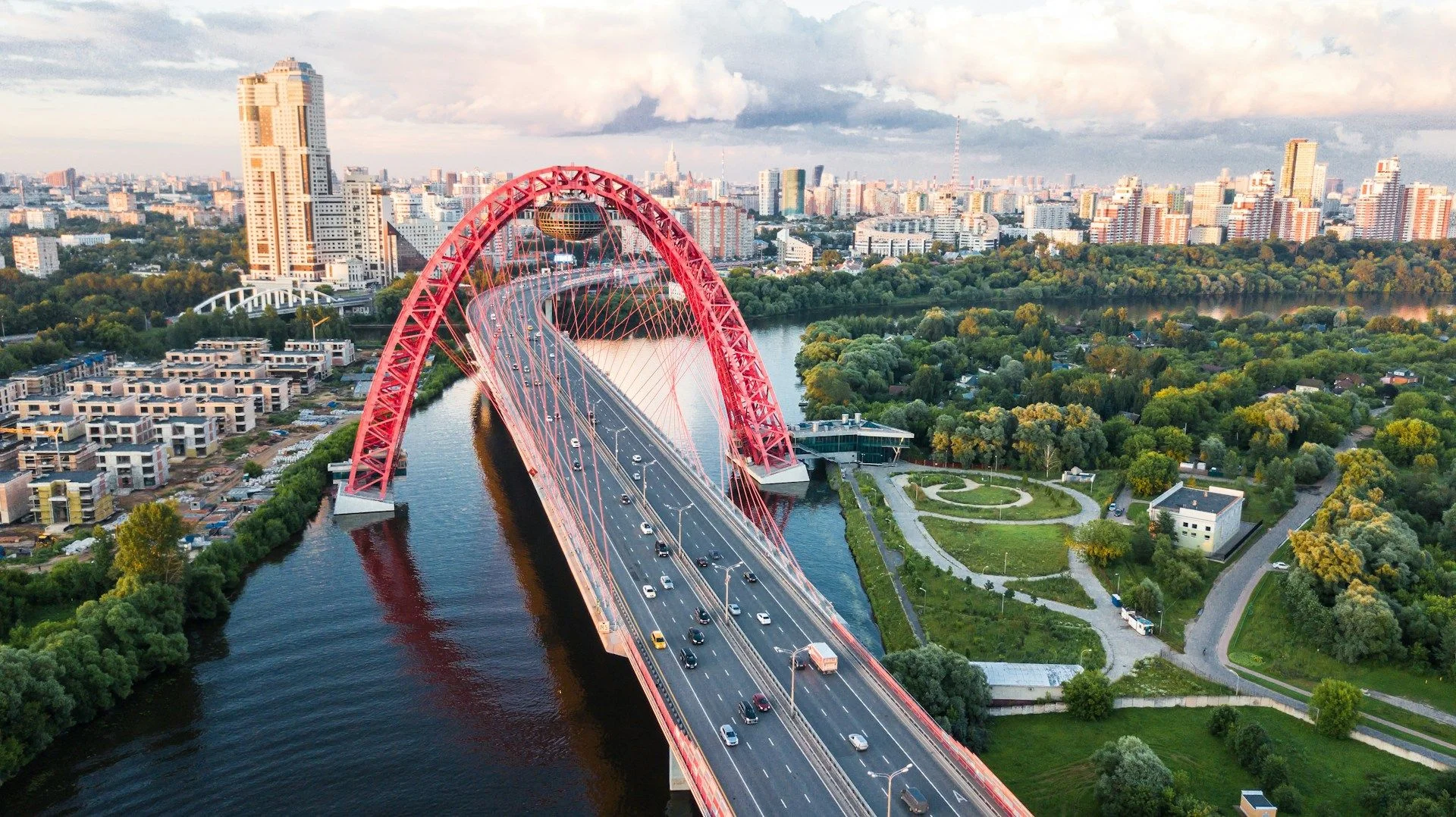
Popular
cities and regions in Russia
Advantages of Remote
Translation in Russia
Wide Range of Locations and Property Types
From premium apartments in Moscow to commercial land in regional centers — Russia offers a vast spectrum of opportunities.
Profitable Assets with Strong Local Demand
Rental markets in major cities remain stable, showing high returns even without foreign currency gains.
Simple Entry and Clear Regulations
Transactions are processed quickly, with no ownership restrictions for foreign buyers and a transparent registration system.
Wide Range of Locations and Property Types
From premium apartments in Moscow to commercial land in regional centers — Russia offers a vast spectrum of opportunities.
Profitable Assets with Strong Local Demand
Rental markets in major cities remain stable, showing high returns even without foreign currency gains.
Simple Entry and Clear Regulations
Transactions are processed quickly, with no ownership restrictions for foreign buyers and a transparent registration system.

Useful articles
and recommendations from experts
Document Translation Services in Russia
Russia’s expansive territory spans eleven time zones and encompasses a rich tapestry of languages, cultures and administrative frameworks. As the world’s largest country by land area, Russia hosts not only Russian speakers but also hundreds of indigenous language communities—such as Tatar, Bashkir, Chuvash and Yakut—each with unique linguistic and cultural traits. The nation’s pivotal role in global energy markets, advanced manufacturing, scientific research and cultural heritage drives a substantial demand for professional document translation services. From the federal ministries in Moscow and St. Petersburg’s cultural institutions to regional administrations in Siberia and the Far East, accurate and compliant translations are essential for legal processes, cross-border trade, academic collaboration, technical documentation, multimedia production and governmental interactions. Whether publishing medical research, negotiating export contracts for oil and gas, registering foreign-owned enterprises or subtitling educational videos, organizations and individuals rely on translation expertise to bridge communication gaps and meet the specific regulatory and cultural requirements of each Russian region.
Translation Needs Across Russia
For individuals relocating to Russia for employment, study or family reunification, precise translations are critical for navigating immigration and administrative procedures. Residence permit applications filed with the Federal Migration Service require sworn translations of passports, financial affidavits, medical certificates and criminal-record checks. Universities across the country—including Moscow State University, Novosibirsk State University and regional technical institutes—demand certified translations of academic transcripts, diplomas and language proficiency certificates to process admissions, scholarships and degree recognitions. Healthcare providers and research centers translate patient histories, informed consent forms and clinical trial protocols to adhere to Ministry of Health regulations and support international collaborations.
Business enterprises operating in Russia’s Special Economic Zones and industrial clusters require translation of corporate charters, shareholder agreements, tax filings and audit reports to comply with the Federal Tax Service and Central Bank regulations. Technical sectors—such as oil & gas in Tyumen and Sakhalin, aerospace manufacturing in Samara, and IT in Skolkovo Innovation Center—depend on accurate translation of engineering specifications, safety manuals, regulatory submissions and patent documentation. The dynamic tourism industry generates demand for multilingual brochures, hotel booking platforms and guided-tour scripts, while e-government initiatives—via the Gosuslugi portal—necessitate translations in electronic formats that meet federal data-security standards enforced under the Personal Data Law (152-FZ). Across all contexts, translation quality directly affects legal validity, operational efficiency and public trust.
Core Translation Service Types
Certified document translation in Russia is performed by officially authorized translators or sworn translators, each certified by regional courts. These professionals affix an official seal, signature and date to translations of vital records—birth, marriage and death certificates; powers of attorney; academic diplomas—and legal affidavits, ensuring acceptance by government bodies, embassies and academic institutions without further notarization.
Legal translation services encompass a wide array of texts, including commercial contracts, court rulings, arbitration awards and compliance reports. Translators with legal training preserve precise clause structures, jurisdiction-specific terminology and procedural conventions, mitigating risks of misinterpretation or contractual disputes. Technical translation supports industries such as energy, manufacturing and pharmaceuticals by converting user manuals, equipment specifications, clinical trial protocols and software documentation into Russian or target languages, often using computer-assisted translation (CAT) tools and terminology management systems to maintain consistency across large-scale projects.
Multimedia localization adapts audiovisual media—including training videos, webinars, promotional clips and interactive e-learning modules—through subtitling, dubbing, transcreation and cultural consulting to resonate with local audiences. Interpretation services, offered in consecutive, simultaneous and whispered modes, facilitate real-time communication at international conferences, high-level negotiations and cultural events held in venues ranging from the Kremlin to regional conference centers. Hybrid workflows combining neural machine translation with expert human post-editing address high-volume content efficiently while preserving accuracy where it matters most.
Certification and Compliance in Russia
Translations intended for official use in Russia must satisfy a robust certification framework. Sworn translators, authorized by regional courts under the Ministry of Justice, authenticate translations by applying an embossed seal, handwritten signature and date that attest to fidelity with the source text. Documents destined for international legal or commercial use often require apostille certification under the Hague Apostille Convention or consular legalization by relevant foreign missions, adding a further validation layer.
Legal translations—such as court submissions, notarial acts, tax filings and environmental assessments—must adhere to terminology and formatting regulations issued by professional associations like the Union of Translators of Russia and standards set by federal agencies. Municipal notaries may impose additional requirements, such as witness signatures, formatted headers or specific paper types, to validate translations for registry entries. Digital transformation of public services via Gosuslugi enables secure electronic submissions, employing digital signatures and QR codes to streamline processing, reduce turnaround times and support document traceability in accordance with the Personal Data Law (152-FZ), which mandates encrypted file transfers, secure storage and role-based access control to protect sensitive personal and corporate data.
Selecting the Right Translation Partner
Choosing a reliable translation provider in Russia involves evaluating accreditation, subject-matter expertise and quality-assurance processes. Clients should verify that translators are officially sworn or hold recognized accreditation by the Ministry of Justice, as well as membership in professional bodies such as the Union of Translators of Russia. Reviewing detailed portfolios and requesting sample translations in relevant domains—legal contracts, technical manuals, medical records or multimedia scripts—enables assessment of linguistic proficiency, industry knowledge and attention to regulatory detail.
Robust quality-assurance workflows typically involve multiple review stages: initial translation by a specialist linguist, bilingual editing, back-translation verification and final proofreading to ensure accuracy, consistency and fidelity to the source. Providers leveraging CAT tools, translation-memory systems and terminology databases maintain uniform usage of sector-specific terms across recurring and large-scale assignments, improving efficiency and reducing revision cycles. Secure project-management platforms with encrypted file sharing, real-time progress dashboards and transparent pricing models help align delivery timelines and budgets with client requirements under federal data-protection laws. For multimedia and interpretation services, evaluating technical infrastructure—such as ISO-compliant interpreting booths, high-quality audio-visual equipment and remote conferencing platforms—ensures seamless execution of live multilingual events. By applying these expert best practices, organizations and individuals can secure professional, compliant and culturally nuanced document translation services across Russia’s vast and varied landscape.



